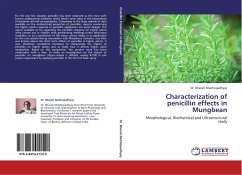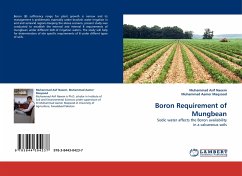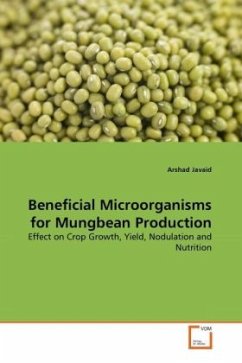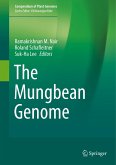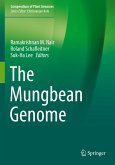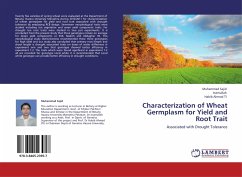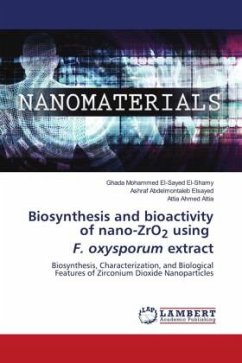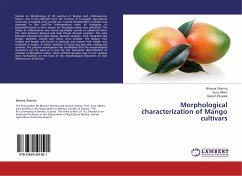For the last few decades penicillin has been observed as the most well-known antibacterial antibiotic which blocks some steps in the biosynthesis of bacterial cell wall mucopeptides. Comparing to the large volume of data available on the antibacterial properties of penicillin, reports concerning the higher plants response to penicillin application are quite meager. The report available so far regarding the penicillin response on higher plants were carried out in relation with germinating seedlings under laboratory condition, or as a constituent of the tissue culture media or as application on the root system during inoculation with Rhizobium, however, very little was known about the short term effects of penicillin in higher plants. It was, therefore, considered necessary to characterize the impact of penicillin on higher plants and to study how it affects higher plant metabolism. Based on this perspective, the present work has been undertaken with a view, to make an investigation on the impact of penicillin on mungbean (Vigna radiata L. Wilczek, variety B-105) in pot culture experiment by applying penicillin in the form of foliar spray.

